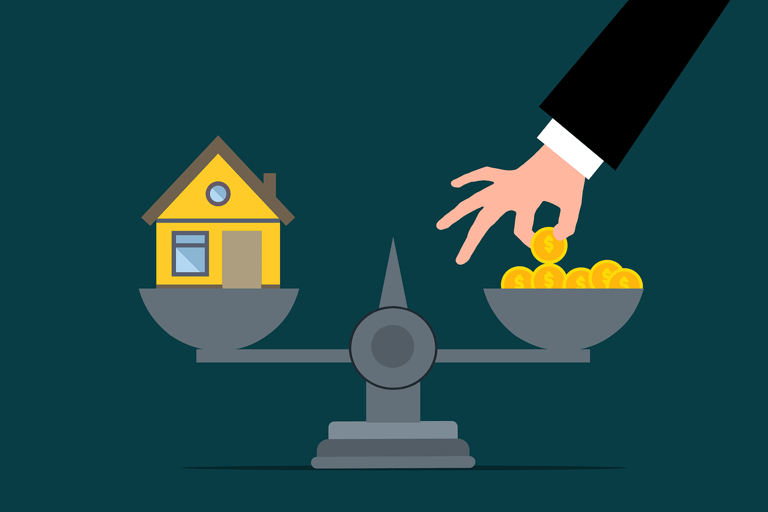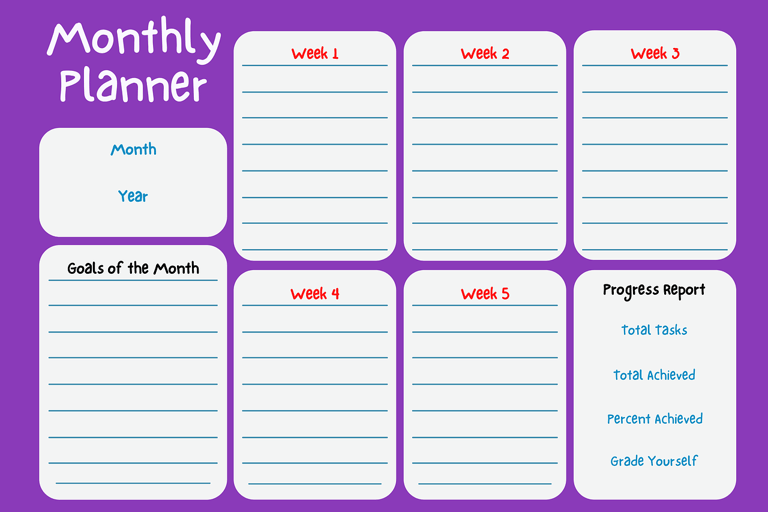Navigating Off-Plan Property Payment Plans and Mortgage Options in Dubai
Navigating Off-Plan Property Payment Plans and Mortgage Options in Dubai
Ben Karasalih
3/17/20254 min read
Dubai's property market is a popular investment hub, attracting both residents and international investors. While financing options are abundant, it's crucial to understand how Sharia law impacts mortgages and payment plans in the region. This guide will walk you through the key aspects of mortgages in Dubai, the available payment plans, and how Islamic finance principles shape these offerings.
Payment Plans in Dubai Real Estate
Dubai's real estate developers often offer flexible payment plans to attract buyers. These plans provide various options that can help you manage your finances efficiently:
Post-Handover Payment Plans: Buyers pay a portion upfront (typically 30-50%), with the remainder paid in installments after the property has been handed over.
Installment-Based Plans: Payments are divided into scheduled installments throughout the construction period, reducing the immediate financial burden.
Deferred Payment Plans: These plans allow buyers to secure a property without immediate full payment, with balances settled later.
Each plan varies depending on the developer, project type, and timeline, providing flexibility for different financial situations.
Mortgage Options in Dubai
Mortgage options in Dubai cater to both residents and non-residents. Key types include:
Conventional Mortgages: These operate similarly to Western mortgage structures, where banks provide loans with interest calculated over time.
Islamic Mortgages (Sharia-Compliant Mortgages): These follow Islamic finance principles, prohibiting interest (riba) and promoting ethical lending practices.
Sharia Law and Its Impact on Mortgages
Islamic finance strictly prohibits the concept of earning interest (riba). As a result, Sharia-compliant mortgages adopt alternative structures to remain lawful:
Ijara (Lease-to-Own): The bank purchases the property and leases it to the buyer, who makes rental payments. Ownership transfers to the buyer after completing payments.
Musharakah (Partnership Agreement): The buyer and bank jointly purchase the property. As the buyer gradually buys out the bank's share, ownership transfers fully.
Murabaha (Cost-Plus Financing): The bank purchases the property, selling it to the buyer at a marked-up price with fixed monthly payments.
Key Differences Between Conventional and Sharia-Compliant Mortgages
Interest vs. Profit: Conventional mortgages rely on interest accumulation, while Islamic mortgages structure payments as profit, aligning with asset ownership.
Risk Sharing: Sharia-compliant mortgages often involve shared risks between the buyer and lender, emphasizing fairness and transparency.
Legal Framework: Islamic mortgages must comply with UAE Central Bank regulations and Sharia principles, ensuring ethical lending practices.
Tips for Choosing the Right Payment Plan or Mortgage
Understand Your Financial Situation: Evaluate your income, expenses, and savings to determine a suitable payment structure.
Consult Financial Advisors: Engage with experts in both conventional and Islamic finance to explore the best options.
Compare Offers: Different banks and developers may offer varying terms, rates, and incentives. Research thoroughly before committing.
Consider Long-Term Impact: Ensure your payment plan aligns with future financial goals and stability.
Mortgage Registration and Legal Considerations
All mortgages in Dubai, including those for off-plan properties, must be registered with the Dubai Land Department (DLD). The DLD oversees the enforcement of mortgage agreements, ensuring that all real estate interests are legally recognized and protected.
Loan-to-Value (LTV) Ratios
The Central Bank of the UAE sets maximum LTV ratios, which vary based on property value and buyer status (UAE national or expatriate). For instance, expatriates purchasing a first home valued at less than AED 5 million can obtain financing up to 80% of the property's value.
Key Considerations for Off-Plan Property Investments
When investing in off-plan properties in Dubai, it's essential to:
Verify Developer Reputation: Ensure the developer has a track record of delivering projects on time and as promised.
Understand Payment Structures: Be clear about payment schedules, amounts, and any post-handover obligations.
Consult Financial Experts: Engage with financial advisors familiar with Dubai's real estate and mortgage landscape to navigate Islamic financing options effectively.
Stay Informed on Regulatory Changes: Keep abreast of any amendments to property laws and mortgage regulations that may impact your investment.
By comprehensively understanding these aspects, investors can make well-informed decisions that align with their financial goals and comply with the legal frameworks governing property transactions in Dubai.
"If you’d like to learn more, have questions, or want to discuss payment plans in detail, we're here to help. Click the link below to fill out your details, and a member of our team will be in touch to guide you through the next steps."












